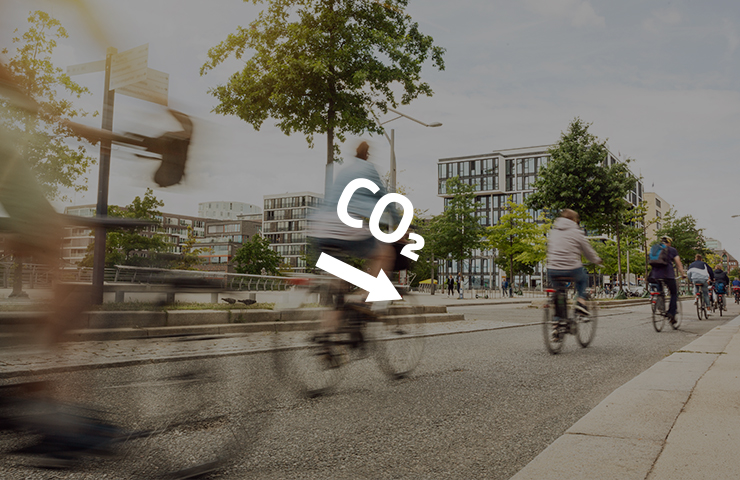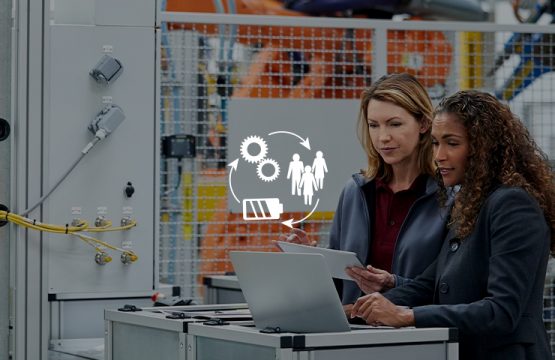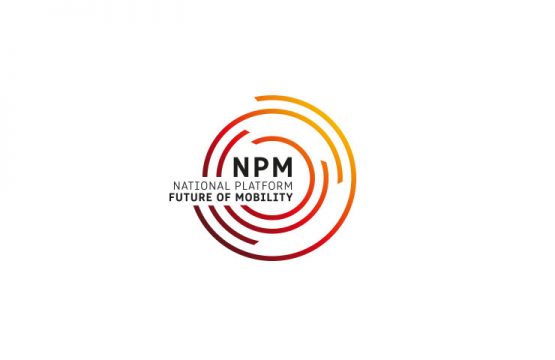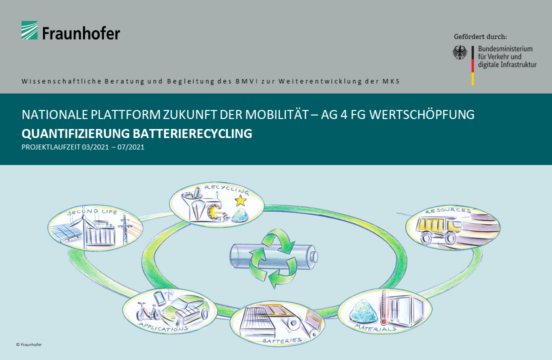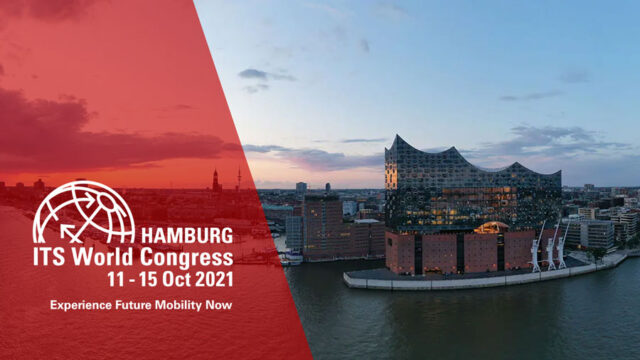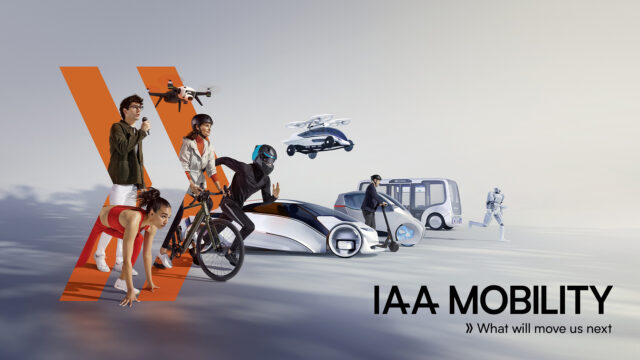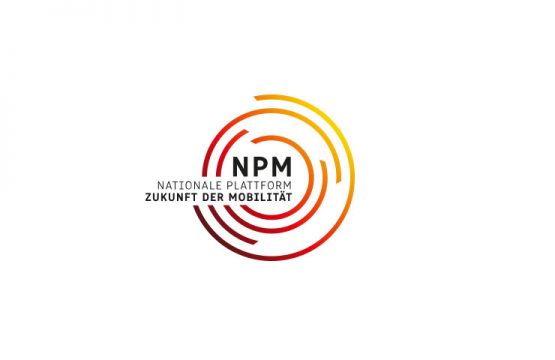In its interim report, the Working Group 1 (WG 1) “Transport and climate change” has worked out ways to achieve Germany’s 2030 climate targets in the transport sector. Six central fields of action were identified: 1) changing the drive systems of cars and trucks, 2) further increasing the efficiency of cars and trucks, 3) regenerative fuels, 4) strengthening rail passenger transport, bus, cycle and pedestrian transport, 5) strengthening rail freight transport and inland waterway transport and 6) digitalisation. The WG 1’s work has entailed systematically assessing the respective CO2 reduction potentials in these fields of action as well as calculating target scenarios: the goal of reducing emissions in the transport sector by 52 to 55 million tonnes of CO2 equivalents by 2030 is achievable in principle.
It is essential that these respective target ranges in the fields of action are backed up with implementation instruments and framework conditions. These must be considered in combination and coordinated with each other.
For example, the WG 1 has jointly developed a “bundle” of concrete instruments that focus on “Innovations, Infrastructure and Digitalisation”. It has been shown that this bundle of instruments – which is primarily geared towards infrastructure improvement, direct promotion and the expansion of services – can open a CO2 reduction potential of 29 to 39 million tonnes of CO2 equivalent in combination with the EU standards that have already been adopted. However, there remains a gap of 16 to 26 million tonnes of CO2. There are suitable combinations of instruments that would close this gap, the exact design of which has not yet been agreed upon by the WG. What is certainly clear is that only a balanced, integrated concept can achieve these goals and close the gap, given the complex interactions between various instruments.
Specifically, the Working Group recommends that the German government examine the instrument of CO2 pricing more closely. This should not be a solo effort in the transport sector and, as an instrument, it should in principle affect all sectors that are not subject to the European emissions trading system. What is needed is a design that is both socially acceptable and avoids distortions of competition.
The complete report can be downloaded here.
